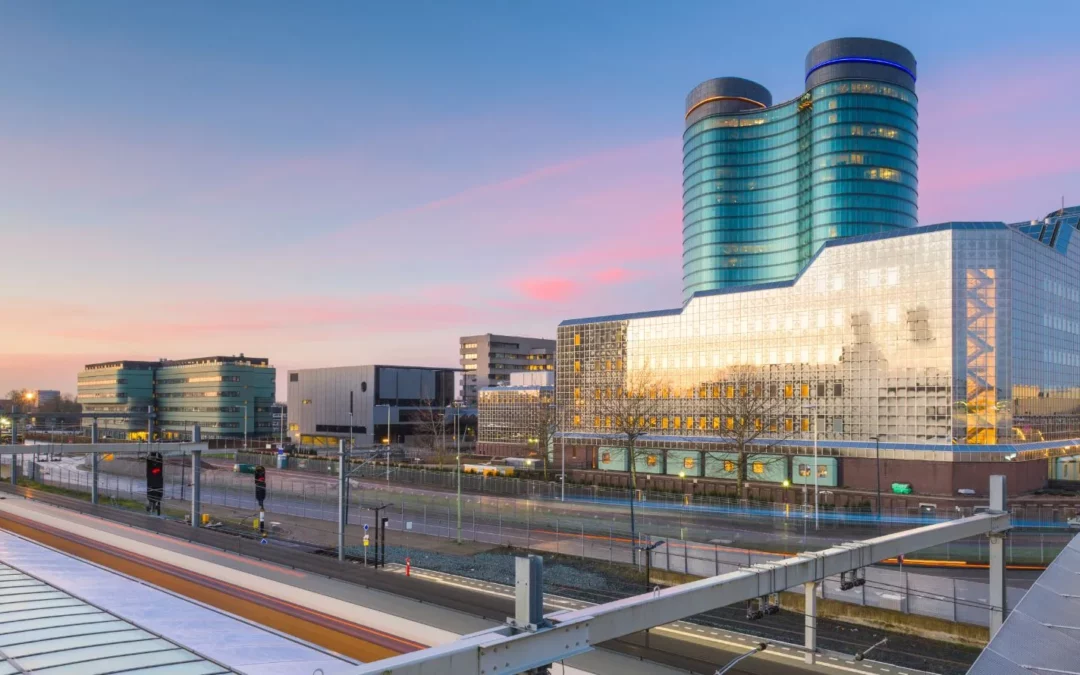Recent years have seen a marked shift in how, where and when people work. The rise of hybrid working, where employees work partly in the office and partly from home, has had a lasting impact on office demand and asset values. For property owners and businesses, this new reality means it is essential to strategically review and adapt real estate portfolios to meet changing needs.
How hybrid working is impacting office space demand
Since the pandemic, many companies have opted for hybrid working models, which is having a major impact on office space demand. Once seen as a necessary fixed asset, office buildings are now increasingly being approached as flexible workspaces that need to be adaptable to fluctuations in employee numbers. This dynamic is also having a noticeable impact on real estate transactions, as companies reassess their space needs and often opt for smaller or shared workspaces to save costs.
Strategic adjustments
Previous research shows that the Netherlands has over 53,000 office buildings that could be directly converted into homes, without major zoning plan changes. This represents approximately 36.4% of office buildings in the Netherlands. These offices are often located in urban areas where housing shortages are greatest.
For real estate owners and companies, these types of data insights are crucial. They allow them to identify which properties in their portfolio have the most potential for transformation, repurposing or even sale. By using up-to-date data on usage, location and potential for alternative uses, property owners can maximize the value of their properties.
Looking for transactions, zoning plans and more?
The future of real estate: flexible and multifunctional buildings
Office buildings are increasingly being assessed for their flexibility and adaptability to new work models. This has a direct impact on real estate transactions, as demand shifts towards office spaces that can be designed as hybrid work environments and cater to the need for multifunctional spaces. This trend offers opportunities for real estate owners to redevelop offices into hybrid workplaces, with open layouts and spaces that can be easily reconfigured for both work and play. The increasing demand for flexible workspaces has driven real estate transactions that focus on adaptable and modern office concepts.
In addition, the repurposing of office buildings plays a role in addressing the housing shortage. In the Netherlands, the total available office space of 167 square kilometers has the potential to contribute to the creation of additional living space. For example, some of these buildings, if fully transformed, could provide living space for over 39,000 people. This emphasizes the role of data analytics in supporting real estate owners in identifying buildings with high transformation potential and guiding repurposing projects.
